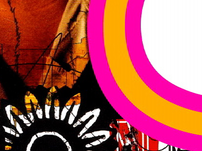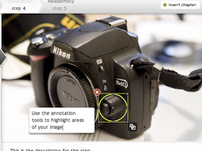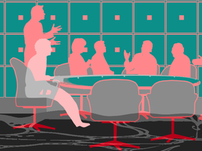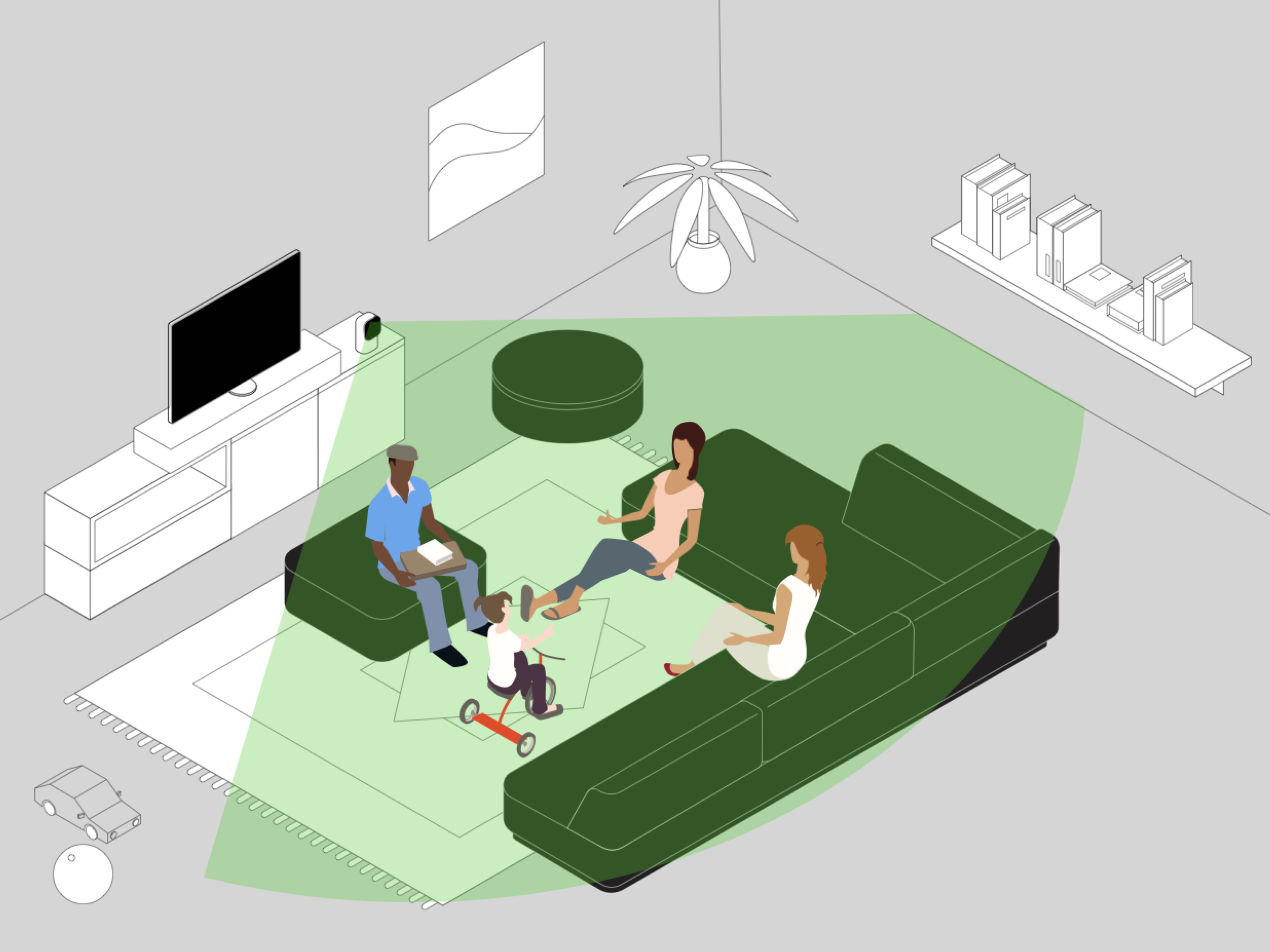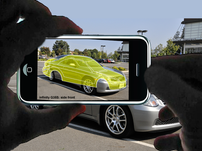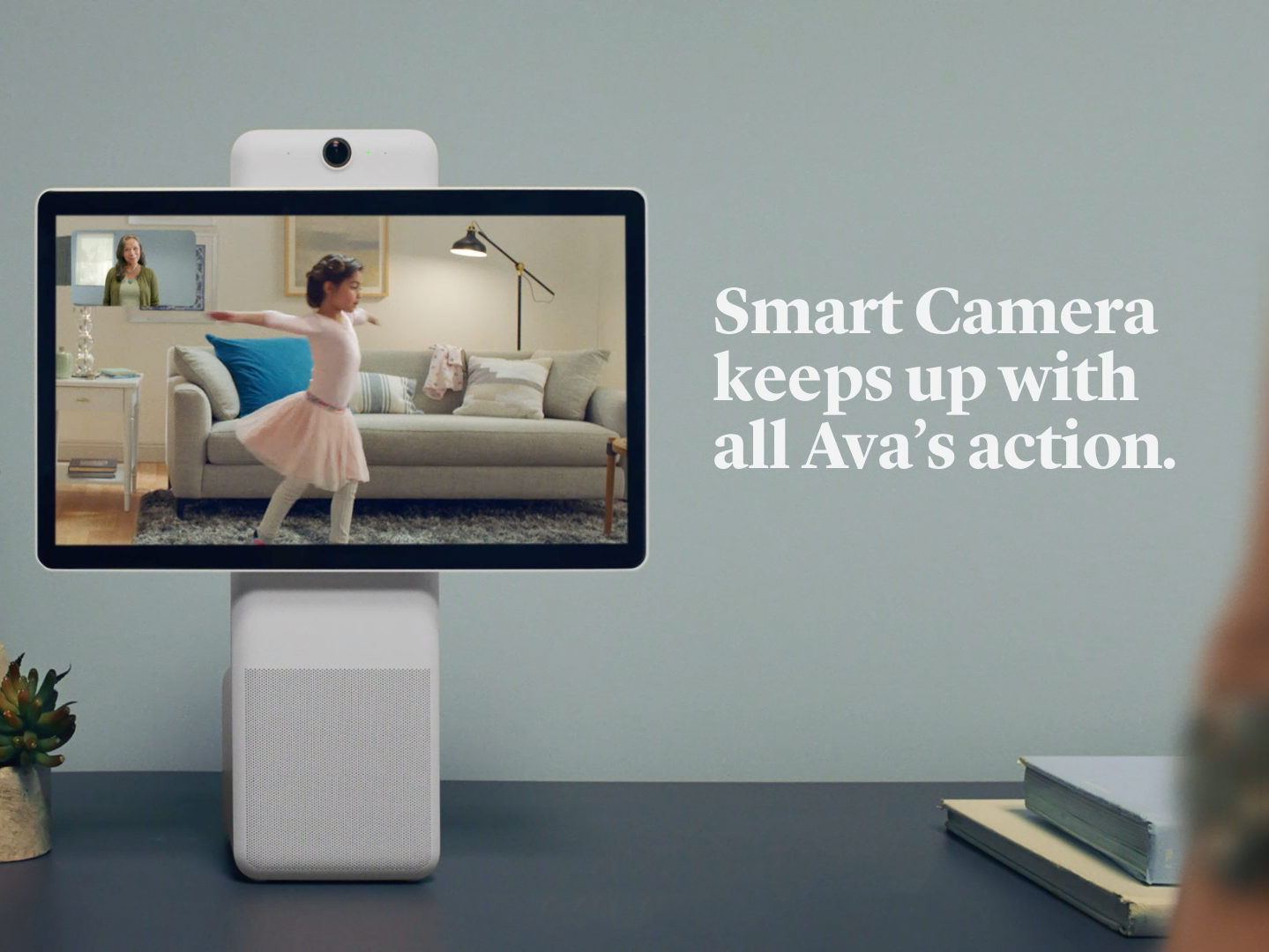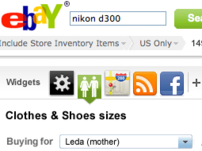DATE: 2015
PRODUCT: Adaptive literacy platform for the Lemann Foundation.
PRODUCT: Adaptive literacy platform for the Lemann Foundation.
ROLE: I was the project lead across 4 projects for this platform, from conception to content creation to development stewardship. I managed different teams of designers, researchers, and engineers throughout the different phases, providing continuity and supporting a solid client relationship.
IMPACT: Through a close partnership with educators in Brazil, we structured empirical knowledge into a set of complex rules and frameworks to interpret the mental model that causes spelling mistakes. They enabled us to map the errors to specific literacy development phases of children and provide personalized challenges to promote learning. We built a tablet game to run open-answer assessments while ensuring student engagement. The game progressively adapts to each child and gives the teacher valuable insights for complementary support. The platform was adopted by public schools in São Paulo and Recife in Brazil.
Designing an intelligent game-based experience for classrooms in Brazil.
We assessed the effectiveness of the game in early pilots in low income public schools
Children often pass through the early years of school without fully learning to read and write. From that point on, poor reading comprehension and language articulation hinder every aspect of their education and limit their career opportunities. It’s known as “functional illiteracy,” an acute problem in Brazil.
We delivered a sophisticated learning approach, differentiating from regular apps.
The diagnostic prompts students to write a word in every game cycle, helping to identify learning patterns.
To help level the playing field for kids at this crucial stage of development, the Lemann Foundation, a non-profit focused on broadening access to quality education, approached IDEO to design a digital literacy platform.
Usability and engagement research during a pilot with 1000 kids.
Gatópolis helps children age four to seven in Brazilian public schools learn to read and write through fun, adaptive, tablet-based games. To keep kids engaged longer in reflective exercises, the games introduce open-ended questions and nudge students towards correct answers by providing hints based on known vocabulary, like their own name, classmates’ names and known words.
Open-ended exercises enabled misspellings, providing insight into the child's development stage.
Students are asked to identify classmates by name in one of more than 60 customizable literacy exercises.
Each student's Gatópolis homepage works as a dashboard, showing achievement by the number of stacked buildings.
But Gatópolis is much more than an educational game—it’s also a groundbreaking diagnostic tool. This is a key component for many public school teachers in Brazil who are responsible for large classes of children at varying levels of reading and writing proficiency. Teachers are often overwhelmed and typically have neither the time nor the resources to provide what each child needs.
Teachers can easily glance at a student's progress and proficiency level.
Gatópolis was designed to help educators teach reading and writing to young students by encouraging reflection over the typical trial-and-error exercises. IDEO worked closely with educators to develop a diagnostic algorithm that identifies patterns in the mistakes a child makes in a Gatópolis game. The app instantly measures every student’s level of proficiency, adapts games accordingly, and gives teachers suggestions for grouping students by level, as well as activities that are appropriate for each group.
The teacher's dashboard overview provides a glimpse of students’ different learning levels, and suggestions of activities appropriate for each stage.
Diagnostic tools help teachers match students for group learning.
Gatópolis was funded by the Lemann Foundation and is distributed for free through Google Play, giving disadvantaged children a boost that will last a lifetime.
More than 1,000 kids tested the learning platform during pilot phase.
Gatópolis stimulates reflection—not memorization—and a little healthy competition too!
Download Gatopolis for Android.
